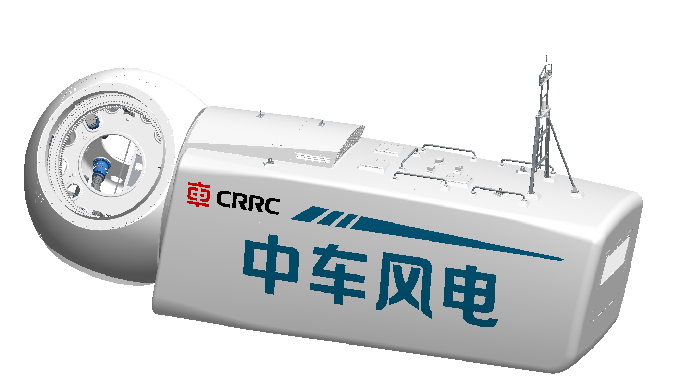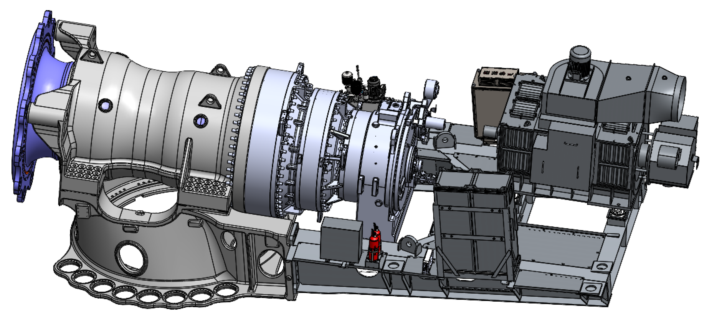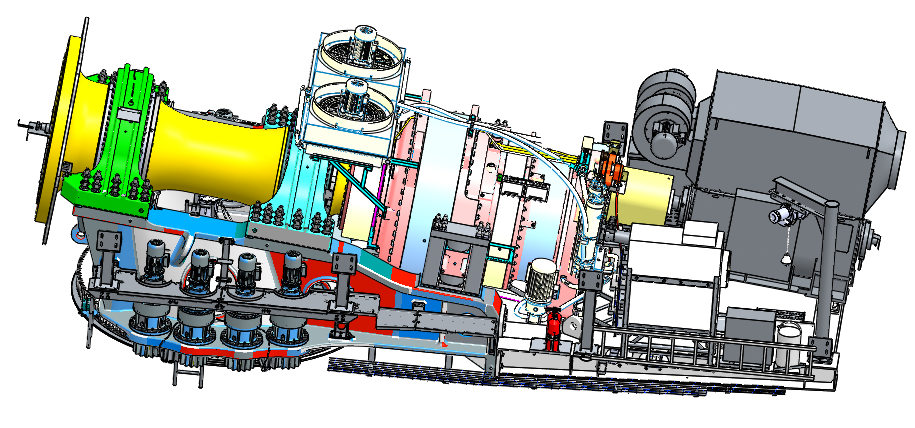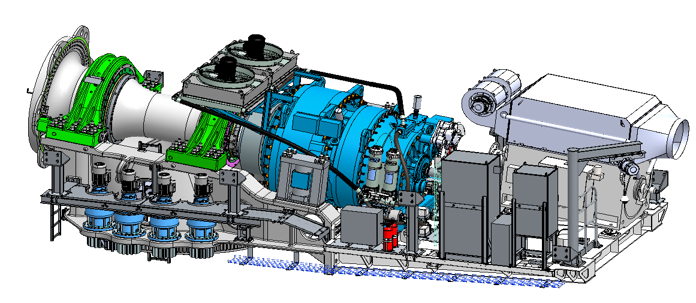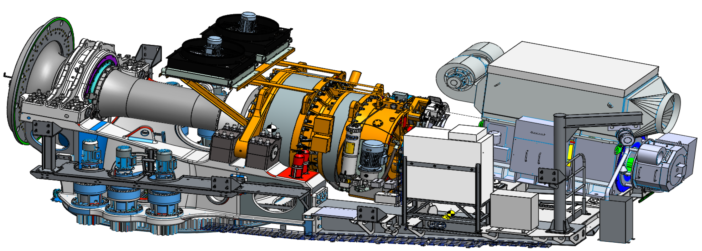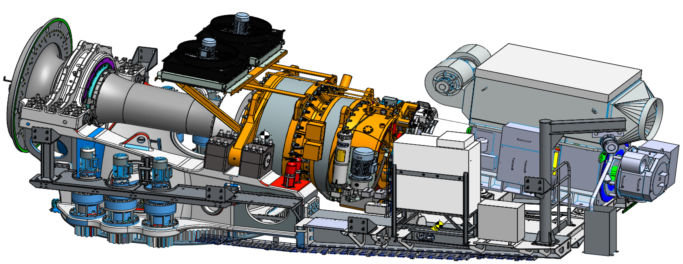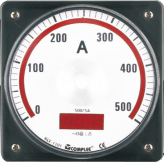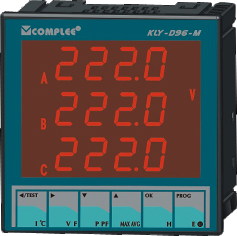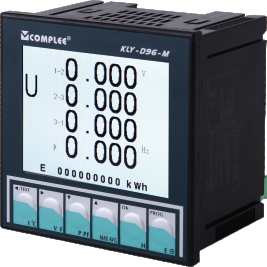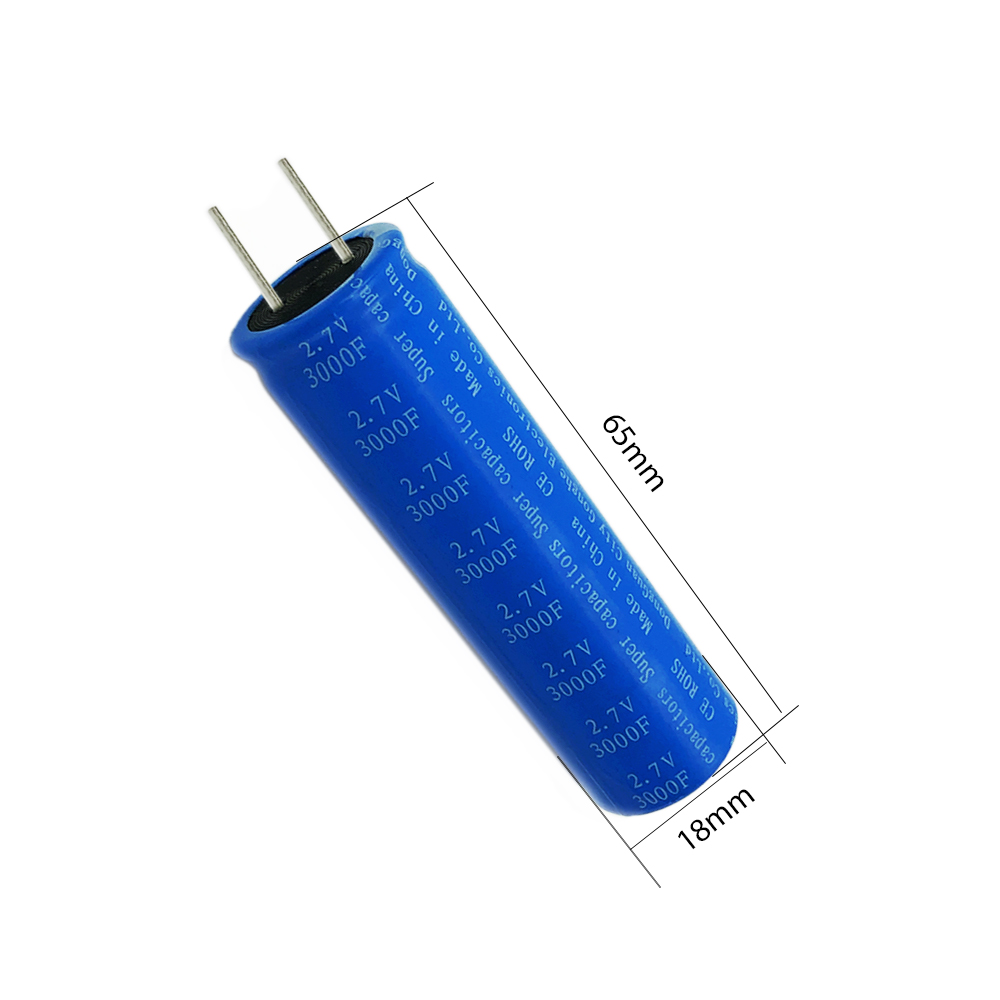Wedoany.com Report-Nov 15, Three Polish fishing vessels have been announced to support the construction of the Baltic Power offshore wind farm in the Baltic Sea. They will start operations with the beginning of the offshore installation work scheduled for early 2025.
Baltic Power is the only offshore wind farm project in the Polish part of the Baltic Sea that has reached the construction phase. In addition to advanced work on the construction of the onshore part of the infrastructure and the production of its key components, final preparations are being made to start construction of the offshore part.
Foundations are being transported to the marshalling ports, the installation of which will initiate the construction process of the farm. This will be the first operation of its kind in the Polish part of the Baltic Sea. It requires a number of preparations, including the setting up of the Marine Coordination Centre, the securing of crew transportation vessels and guard vessels, which will act as supervisory to ensure, among other things, the safety of traffic around the offshore construction site. Baltic Power entrusted this task to a Polish contractor, who engaged Polish vessels and crews to carry out the work.
As part of the contract with MEWO, three Guard Vessels flying the flag of Poland, with crews of two to five people, will operate in the farm area throughout the installation work. These are fishing vessels specially prepared for work in the offshore wind sector. The crews' task will be to supervise and communicate with other vessels passing in the vicinity of the installation work, including fishing vessels, tourist, and commercial vessels.
“We are in the final stage of commencing marine installation works at the Baltic Power offshore farm site. We are pleased that the surveillance activities around the construction area will be carried out by crews associated with the fishing industry. These are people who know these waters very well; their experience on the see is very valuable to us. This is important not only for safety reasons, because thanks to the cooperation with the fishing crews we are directly involving members of the local community in the construction of Baltic Power,” said Jaroslaw Broda, Member of the Board of Baltic Power.
This is not the first time Baltic Power has involved Polish fishermen in a project. Their vessels were used during the environmental surveys. Two fishing boats, four angling boats and their crews worked a total of 420 days during that time. They were used by teams of scientists studying ichthyofauna, seabirds, and migratory birds.
The company has also recently secured other important contracts. These include a contract for crew transport vessels (CTV) during the construction of the Baltic Power farm. Their operator Farra Marine is deploying two vessels to the site to transport crews from service base in Leba. A 130 km2 area is also undergoing an operation to prepare the seabed for installation work and boulder clearance.
At the end of 2024, preparations for the start of the actual offshore works will take off. At that time, the Polish company Elecom of Gdynia will install buoys to separate the Baltic Power construction area from marine traffic.
From this point onwards, the Guard Vesell units will also start operations. Their work will be coordinated by the Baltic Power Marine Coordination Centre in Leba (operating from a temporary location until the service base is operational). The centre will be responsible for monitoring all maritime traffic operations in the area of the offshore wind farm, i.e. vessel tracking, personnel transfers, construction equipment movements, and transport of farm components.
The Baltic Power offshore wind farm – a joint venture between ORLEN Group and Northland Power – is the most advanced offshore wind project in Poland and the only one under construction. Construction of its onshore infrastructure has been underway since 2023, and at the beginning of 2025, the company will begin installation works at sea. Baltic Power is expected to cover as much as 3% of the country's energy needs, while reducing CO2 emissions by around 2.8 million tpy.
